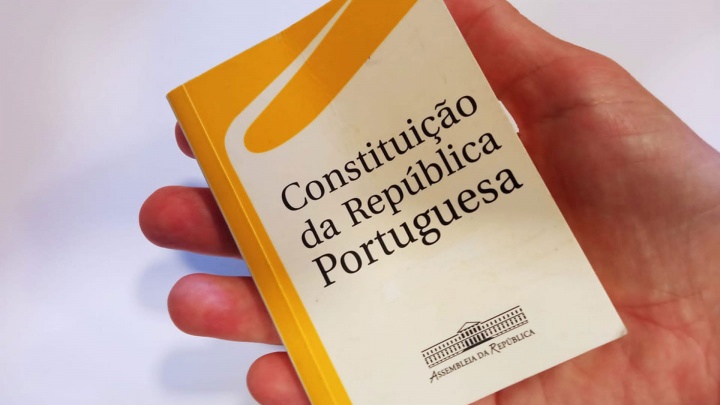It is inconceivable that there is the intention to impose the principle of the primacy of neoliberal, militarist and federalist policies of the European Union, embodied in its treaties - which are responsible for the regression of rights, worsening social inequality, more asymmetry between countries, the imposition of unequal relations, domination and dependence - over the Constitutions of States, namely the Constitution of the Portuguese Republic, a fundamental law which, among other important aspects, enshrines the sovereignty of the Portuguese people and their rights, the democratic regime, the project of development, national independence.
The attempt to impose the precedence or primacy of EU law over the domestic law of each State was explicitly set down in the failed “Constitutional Treaty”, which was clearly rejected by the peoples of several countries. It should be noted that in the “Treaty of Lisbon”, which was subsequently imposed without the holding of new referendums, this unacceptable provision was dropped, not by chance.
Despite this clear rejection, we are witnessing continued attempts by the EU to impose, through acquired “facts”, pressure, blackmail, the threat of sanctions, what the peoples have rejected.
The defence of the so-called primacy of EU law, as enshrined in this European Parliamente resolution, is not based on either the treaties or the Portuguese constitutional order.
But if from a legal point of view nothing authorizes, on the contrary, the admission of the so-called precedence of EU law, it is important to say that the issue is, firstly, and above all, a political issue.
Accepting the prevalence of any supranational command, dominated by the great powers and subordinated to their interests, over the constitutional order of a sovereign State is to call into question the sovereignty of a people, even democracy itself.
It is our understanding that nothing overrides the sovereignty of the Portuguese people. Nothing overrides the principles, objectives and rights enshrined in the Constitution of the Portuguese Republic, which clearly states that "Portugal is a sovereign Republic" (Article 1), that "the Portuguese Republic is a democratic State under rule of law, based on popular sovereignty" ( article 2), that “sovereignty, one and indivisible, resides in the people” (article 3), that “Portugal is governed in international relations by the principles of national independence” (article 7). Now, none of this can be subordinated, subverted, amputated or erased by any supranational command. It is only up to the Portuguese people to decide their course of development. And this is a general principle that, of course, we consider to be valid for all peoples. It is not the profound political and ideological divergence that opposes us to the forces that currently hold power in Poland that changes this principled view.
While we strongly denounce and condemn attacks on democracy, social rights, freedoms and guarantees of the citizens in Poland or any other country, we oppose the path of blackmail and interference, which seeks to impose the rule of EU law on national constitutions, namely on the Constitution of the Portuguese Republic. This is a path that will not only not contribute to solving problems, but will also increase tensions and conflicts, while at the same time jeopardising the development of States and compromising the interests and aspirations of the peoples.
